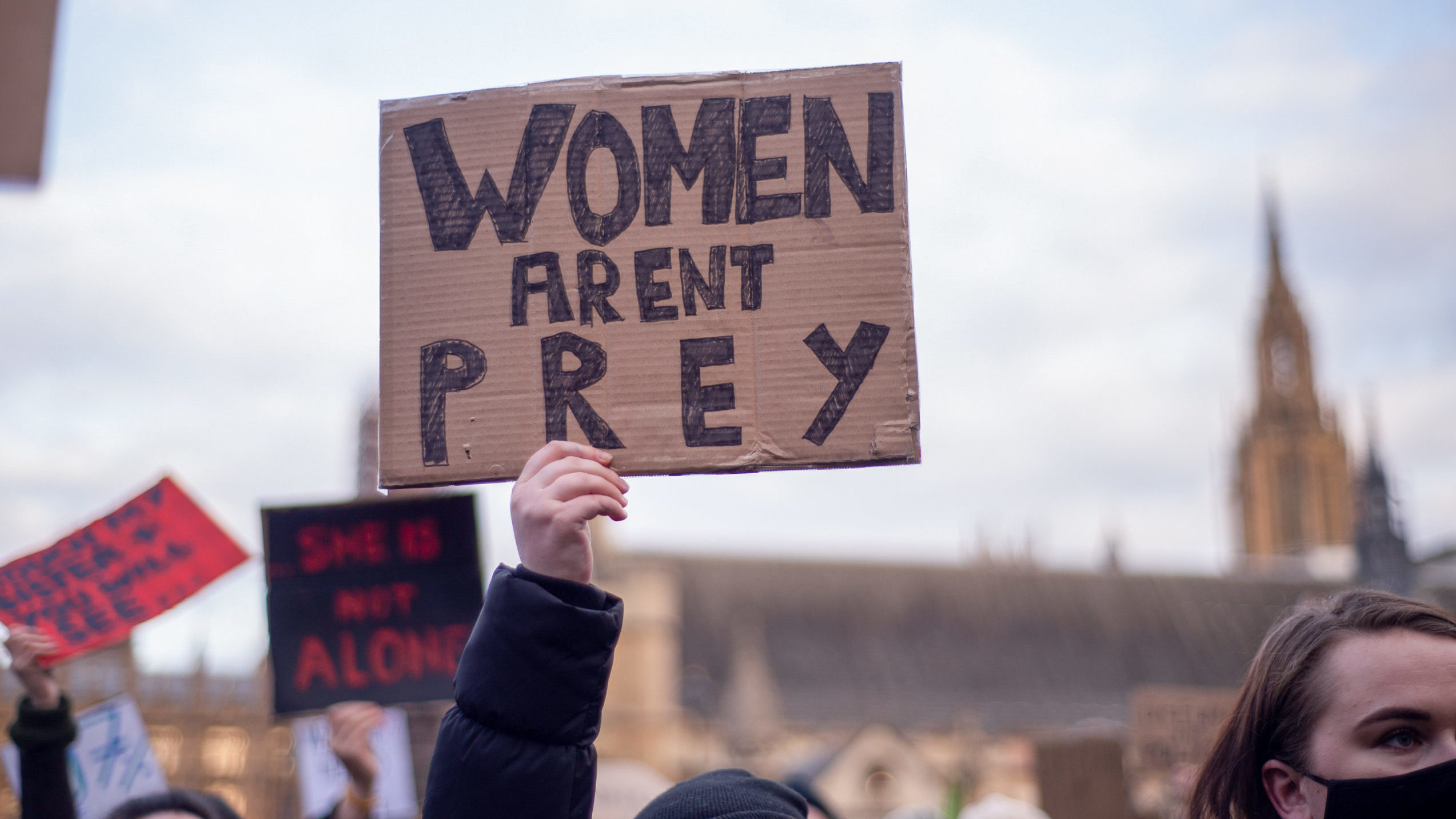MPs have voted not to make misogyny a hate crime just days before the first anniversary of the murder of Sarah Everard. The development means crimes motivated by gender will not face bigger punishments or be tracked systematically by forces across the country to help identify perpetrators.
Passed by the Lords as an amendment to the Police, Crime, Sentencing and Courts bill, the proposed measures would have also required police to record if crimes were motivated by gender hatred. British police forces — and London’s Metropolitan Police in particular — have faced growing accusations of misogyny since Everard was murdered by a serving police officer in March 2021.
Several police commissioners have backed the proposal and a number of forces are already recording crimes motivated by gender. The rejection had been anticipated, however, with the Home Office citing a Law Commission report which said the move would be “more harmful than helpful” to victims of gender-based violence, and calling on MPs to oppose the amendment.
Labour MP Stella Creasy gave an impassioned plea for the government to support the new law, insisting that the Law Commission’s conclusions were based on an earlier proposal so were no longer valid.
“Let’s recognise that misogyny is driving crimes in this country, that the Law Commission has said that, [and] their arguments were technical about how you do the drafting, they weren’t about the principle,” she said.
The report added that making misogyny a hate crime could make it harder to prosecute sexual offenders.





